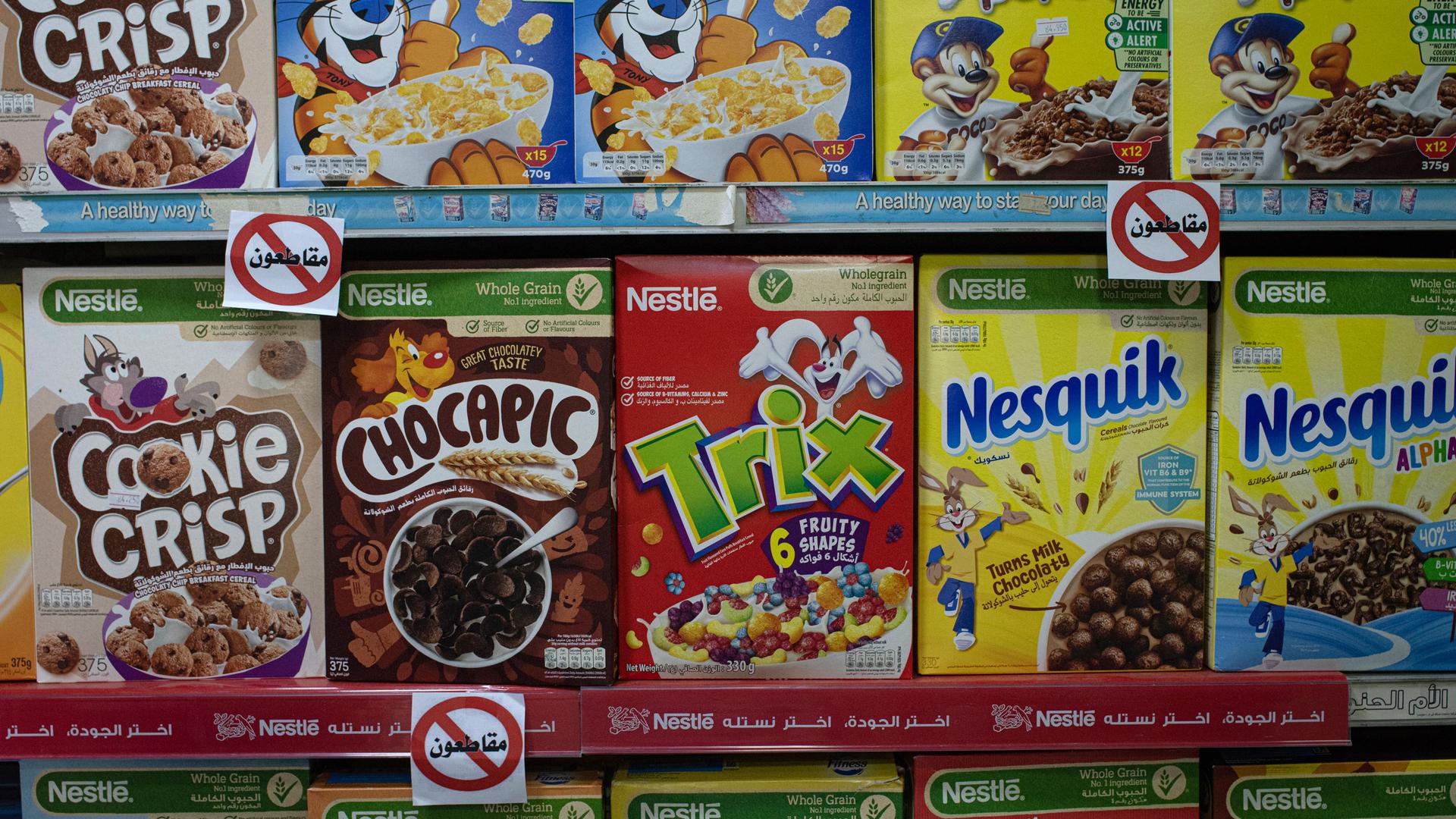At the Shooneez supermarket in Amman, the capital of Jordan, products have two kinds of labels.
One announces the price. The other has a red label to alert customers if the product is on a list of boycotted items.
It reads, “Be aware. These products are boycotted. Your choice.”
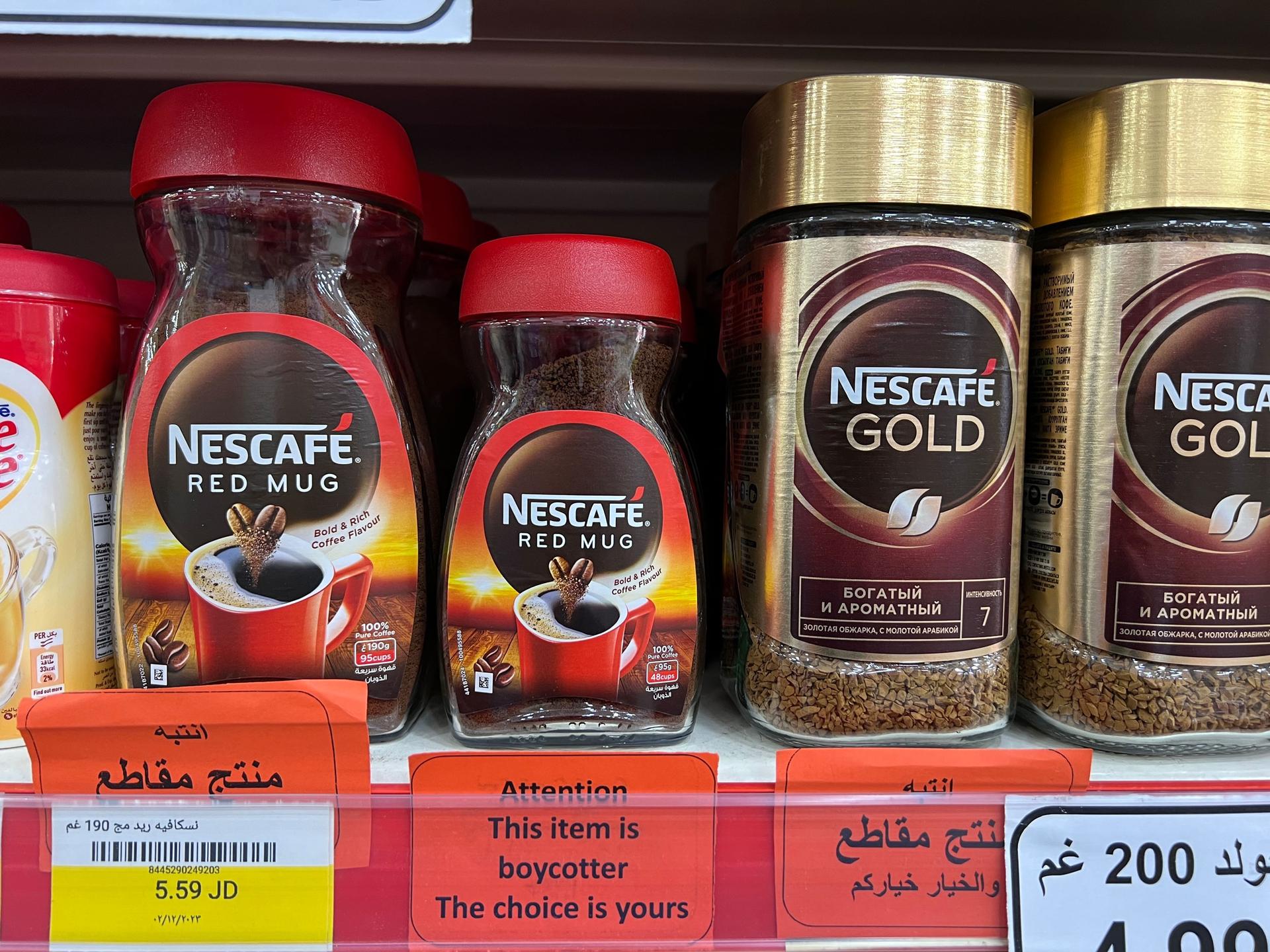
The grassroots boycott movement against Israel and supporters of Israel is not new. But the movement has gained new supporters across countries in the Middle East and elsewhere since the start of the war between Israel and Hamas
On Oct. 7, Hamas militants attacked southern Israel, taking over 200 hostages and killing 1,400 people. In response, the Israeli military launched another aggressive bombing campaign in Gaza, killing over 20,000 people and destroying much of the infrastructure there.
Rania Zaid, a shopper in Amman, said she used to buy chocolates, sneakers and Nescafe for her kids. But she stopped after the war started.
Zaid said every time she shops, she looks at the packaging, and if it says the product is made in the US or Europe, she doesn’t buy it.
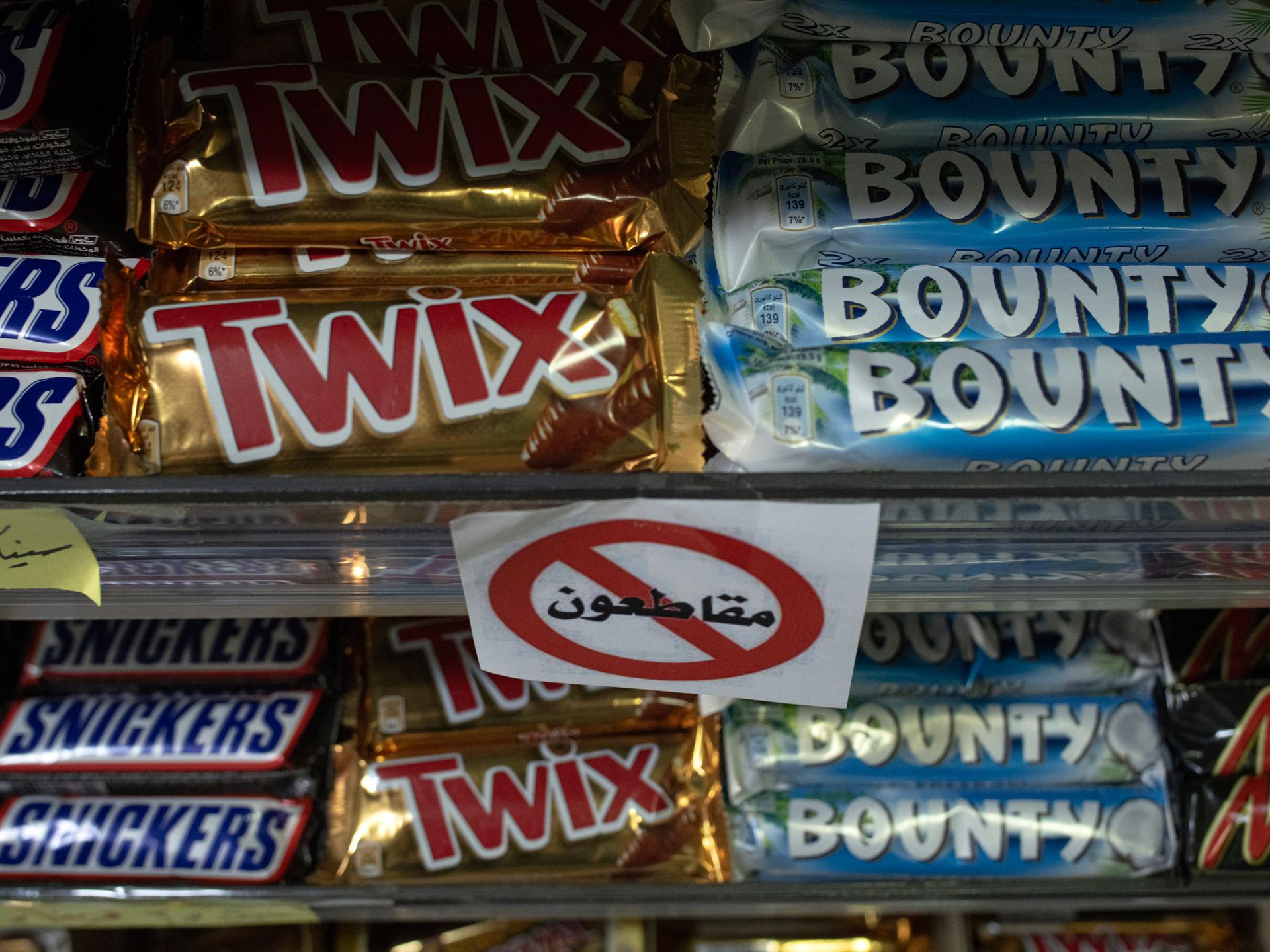
“Even if it’s something simple and small, it’s what we can do,” she said. “This way, our minds are at ease that we’re not supporting the war.”
Many in Jordan and in other Arab countries say that Israel’s war on Gaza would not be possible without the backing of the US and some European countries, where many of these big corporations are based.
Both McDonald’s and Starbucks have issued statements trying to distance themselves from this conflict.
But that has had little effect in Jordan.
Hasan Abu Qaoud is the store supervisor at the Marouf café in Amman.
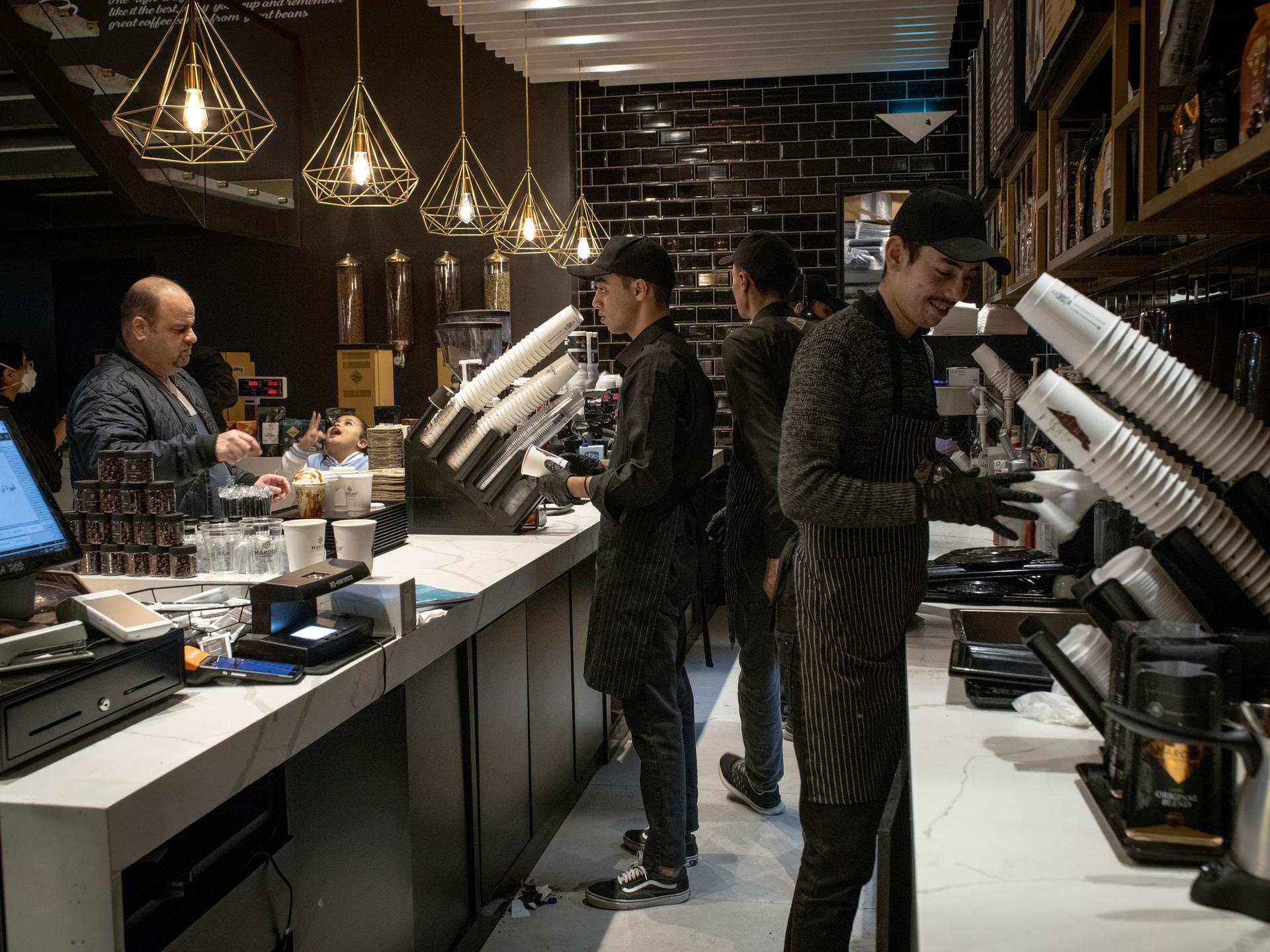
He said he left his job at Starbucks about three weeks ago because he could no longer work for a company that, as he sees it, has a pro-Israeli stance.
“I wanted to leave because I feel that I have to do something for the boycott to support the Palestinian people also,” he said.
His former colleagues tell him sales have dropped significantly. And now, those employees are considering leaving, too.
This shift in consumer behavior has had some benefit for local businesses.
Anas Abu Odeh, the owner of the Marouf coffee company, said he’s seen a 30% increase in sales since the war began.
“So, we add more staff, we add more stock and actually we add[ed] 100 more employees in our staff for this period,” he said.
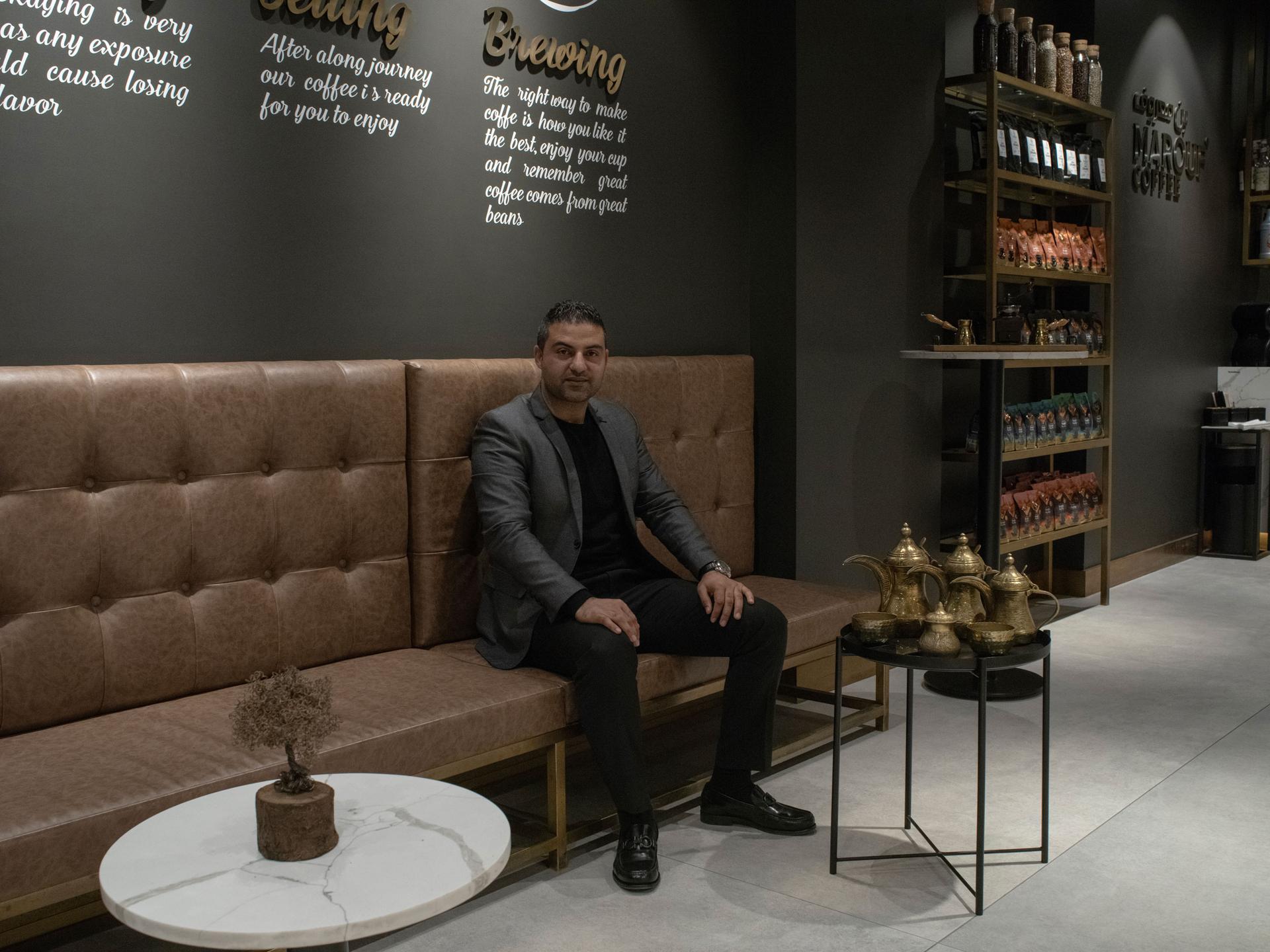
At the same time, the head of Jordan’s Labor Observatory, Ahmad Awad said this week that about 15,000 people could lose their jobs as a result of these boycotts.
Souad al-Dawood also switched from Starbucks to the local Marouf café. She said the boycott movement has helped her pay more attention to what she buys.
“When I go to the market, I look at the product itself and read and sometimes, I open Google and check what products are in this country, the company, which country it is from. When it’s something related to English, like UK, US, French, I leave it,” she said.
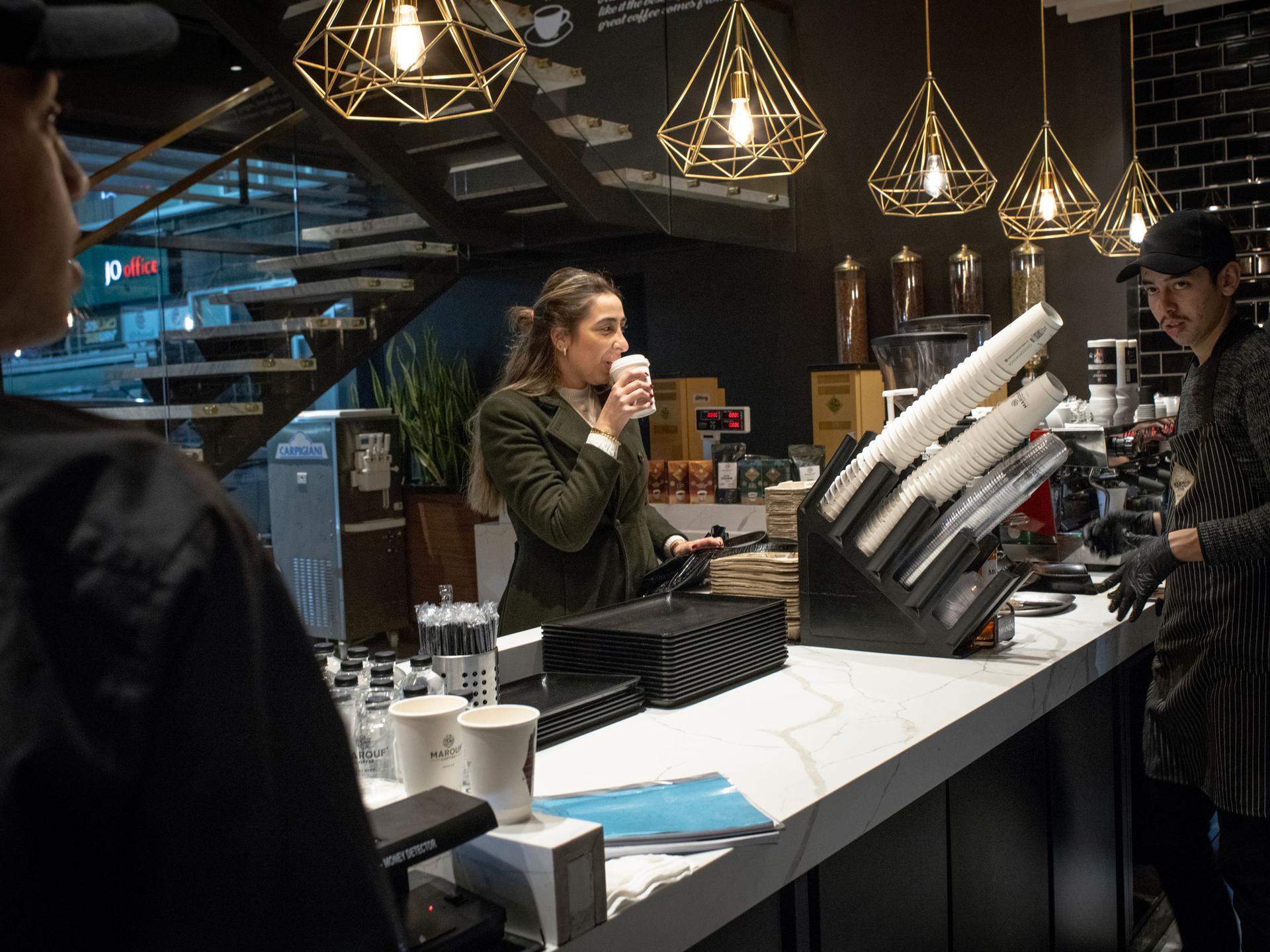
Not everyone is convinced, Dawood said. Her father, for example, doesn’t think the boycott movement will make much difference.
Dawood disagrees.
“When we keep pushing and supporting and protesting, definitely something big will happen,” she said.
Dawood, a pediatric dentist, said she had planned to go to the US to study. But the US’ support for Israel has changed her mind.
“I used to love, to admire … and I used to have a dream to go there and do something like a PhD or more clinical attachment there and I’m now not even surprised.”
She’s disgusted, she said, that the US is not doing more to stop the deaths in Gaza.
Dawood said she will continue with her boycott. In fact, she says she doesn’t see herself going to Starbucks or McDonald’s ever again.
We want to hear your feedback so we can keep improving our website, theworld.org. Please fill out this quick survey and let us know your thoughts (your answers will be anonymous). Thanks for your time!
